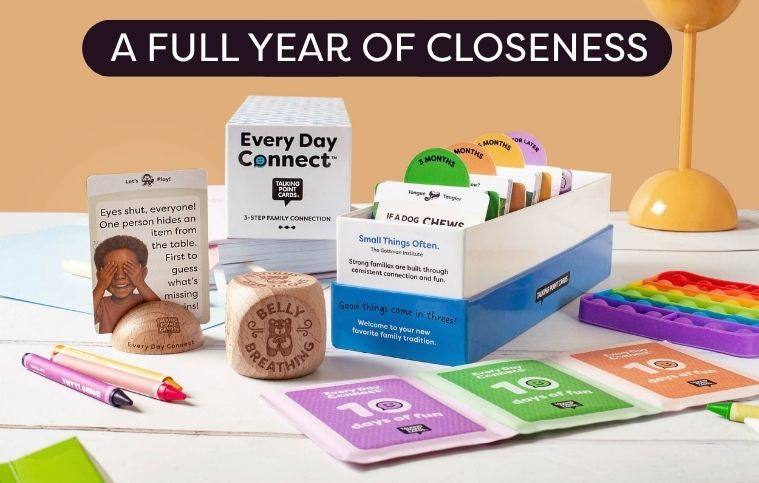SHOP
About
At What Age Do Children 'Understand' Tough Topics?
Understanding the developmental stages of children is crucial when approaching tough topics. It's not just about age, but also about emotional and cognitive readiness. Research suggests that children begin to grasp complex concepts at different rates, and their comprehension evolves as they grow.

From ages 5 to 7, children start to understand concrete concepts but may struggle with abstract ideas. Around age 8, they begin to develop a more nuanced understanding of right and wrong, which can be a good time to introduce discussions about fairness and ethics.
By ages 9 to 12, children's critical thinking skills improve, and they can handle more complex discussions about societal issues or historical events. However, it's important to consider individual maturity levels and provide age-appropriate explanations.
Teenagers are capable of understanding and discussing almost any tough topic, but it's essential to foster an environment of openness and trust. Encouraging questions and providing honest answers helps them navigate these topics effectively.
In conclusion, there is no one-size-fits-all answer to when children 'understand' tough topics. It's a gradual process that requires patience, sensitivity, and attentiveness to each child's unique developmental journey.

© 2022 Talking Point Cards.
© 2022 Talking Point Cards.
For all general inquiries, please contact us at support@talkingpointcards.com








